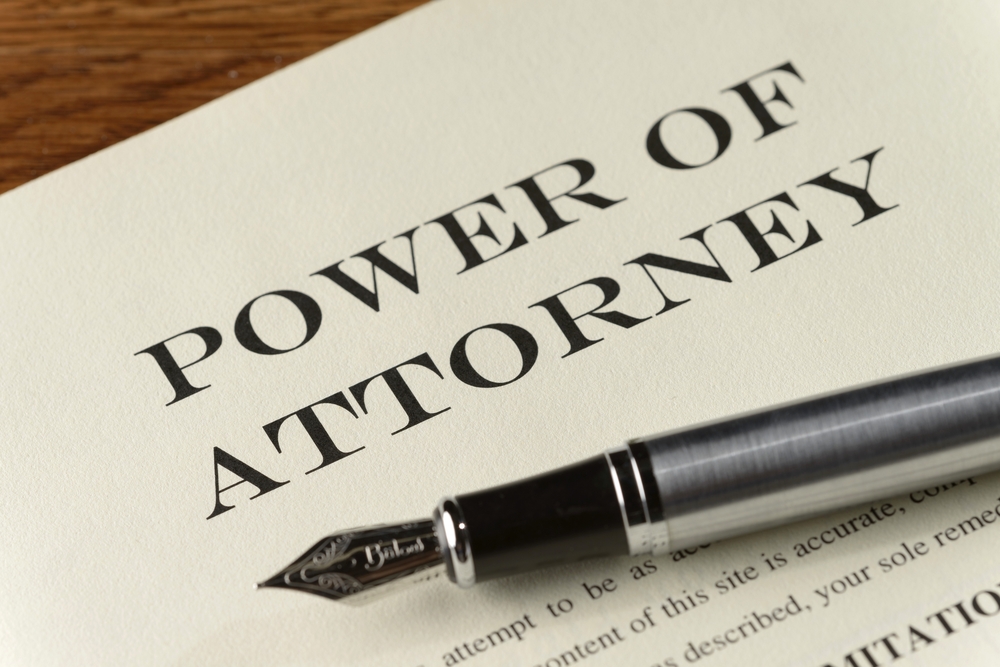At a time when we are frequently confronting the rising cost of living, Medicare enrollees…
Your Family Needs You to Have a Will
There are many nuances in wills that only experienced estate planning attorneys know about. That’s just one reason, why it’s best to have a will prepared by a professional.
With the creation of a will and estate planning documents, combined with frank conversations with family members about your intentions, your family will be better prepared for your passing.
Detailing your wishes helps to eliminate unnecessary work and potential stress and anxiety, when a loved one dies. Wills let heirs act with the decedent’s wishes in mind, and a will can make certain that assets and possessions wind up in the right hands.
The Oakdale Leader’s recent article, “Things People Should Know About Creating Wills” says that when you meet with an experienced estate planning attorney, he or she will discuss the following topics:
Assets: Create a list of known assets and determine which assets are covered by a will and which pass through joint tenancy, beneficiary designation, or a living trust. For instance, life insurance policies or retirement plan proceeds will be distributed directly to the named beneficiaries. A will also can cover other assets, such as photographs, personal items, autos and jewelry.
Guardianship: Parents’ wills should include a clause that states who they want to become guardians of their minor children.
Pets: Some people use their will to state the guardianship for their pets and to leave money or property to help care for them. However, it is important to remember that pets don’t have the legal capacity to own property, so don’t give money directly to pets in your will. In some states, you can establish a pet trust.
Funeral directions: Probate won’t occur until after the funeral, so funeral wishes in a will often go unnoticed. You can let your executor know your wishes in a separate document.
Executor: An executor is a trusted person who will carry out the terms of your will. He or she should be willing to serve and be capable of executing the will.
If you die without a will, the estate is settled based on the laws of your state. Your property does not automatically go to your spouse or children. With no will, estate distribution can be more easily challenged, and the transfer of property is handled by an administrator, who is appointed by the court. This administrator doesn’t know you or your family and is required by law to make decisions that may be completely contrary to what you would have wanted.
The solution is simple: make an appointment with an estate planning attorney and start the process of creating an estate plan. You should have a will, power of attorney, health care power of attorney and, depending upon your situation, there may be other documents needed.
Reference: Oakdale (CA) Leader (March 27, 2019) “Things People Should Know About Creating Wills”



